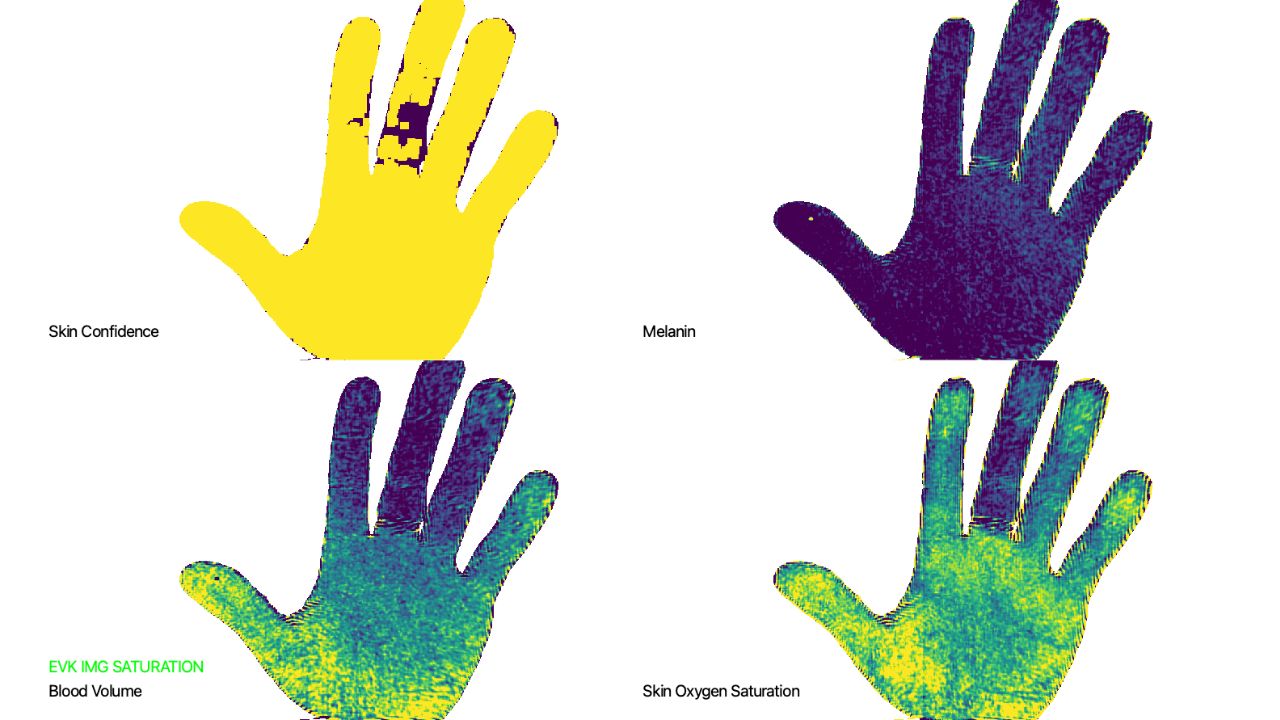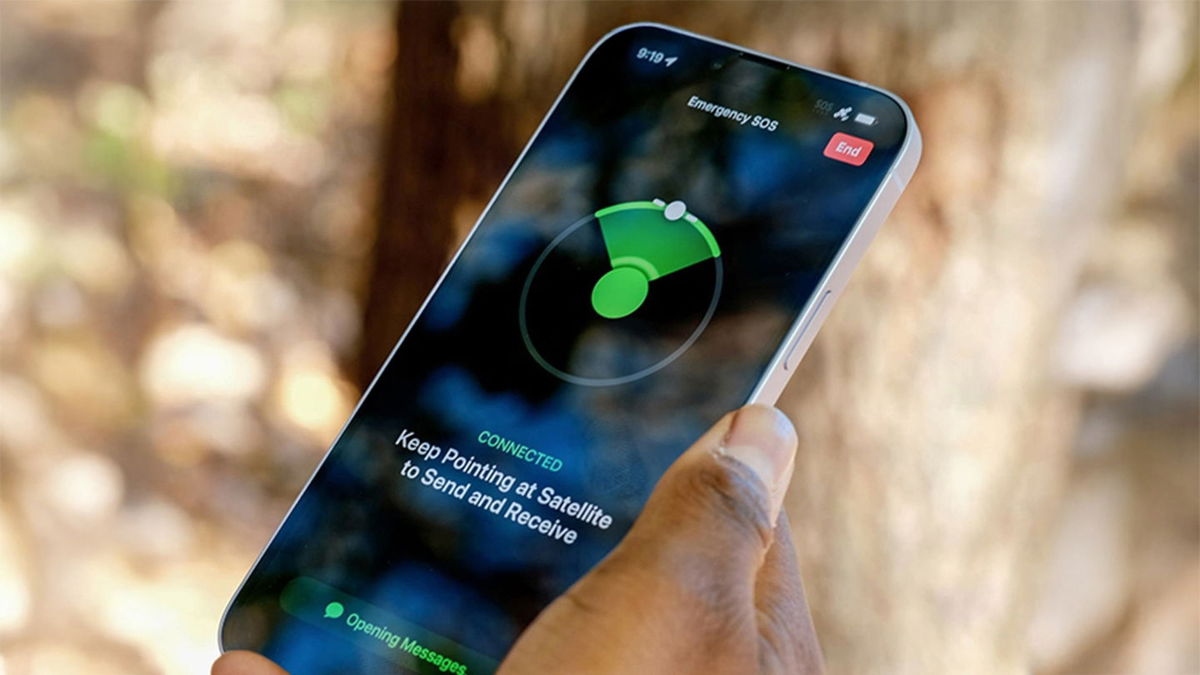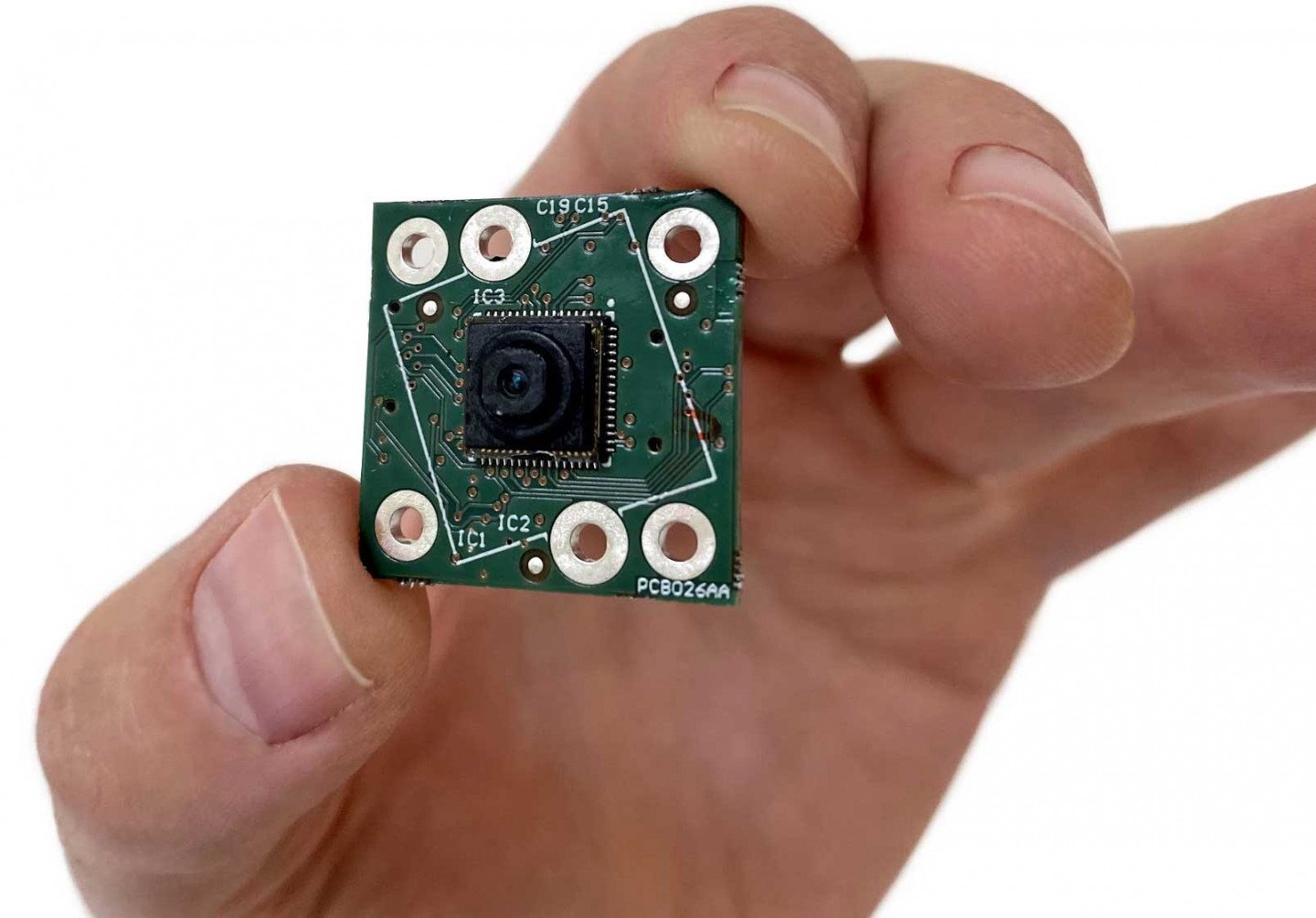The quality of smartphone cameras is one of the most important aspects when choosing a device. Spectricity, a Belgian startup, introduced its newest product this year to stand out in such a competitive market: chip s1.
According to the company, the component is the first truly miniaturized and mass-produced spectral image sensor for mobile devices. The company is so confident in its creation that it predicts it will. In two years it will be on all mobile phones.
The main focus of the S1 is measuring “true color”, which is not yet possible even with the best devices on the market. This is because the white balance software used to remove unrealistic color casts has some limitations.
The innovation solves this problem through additional filters that analyze an object’s spectral signature. After detecting the light source in an image, the system corrects the colors.
During a live demo for Portal Next WebSpectricity compared the photos produced by the chip with those of high-quality smartphone cameras under different lighting conditions.
Technology promises to be revolutionary
While there’s no guarantee that demo results will actually replicate exactly, the colors produced by the startup’s product look much more consistent under many different lights.
In addition, the S1 can also capture the entire visible and infrared range at video speeds, which can enhance numerous mobile applications such as e-commerce, authentication and cosmetic functions.

An important component of these plans is the improved representation of skin tones. Cell phone cameras are notorious for capturing dark tones, which limits their inclusion in photos and also hinders apps that use skin analysis, from melanoma detection to virtual makeup.
Major smartphone companies are also investing in color accuracy, but the startup claims that none of them can compete with the S1 sensor. The company’s CEO, Vincent Mouret, said that no device can recognize true color as a chip.
Spectricity emerged as a spin-off of the Intercollegiate Center for Microelectronics (IMEC), a research laboratory for nanoelectronics and digital technologies. With 19 patents received and 66 active applications, in addition to having 13 doctors on its team, the company hopes to commercialize its products on a large scale.
Source: Tec Mundo
I am a passionate and hardworking journalist with an eye for detail. I specialize in the field of news reporting, and have been writing for Gadget Onus, a renowned online news site, since 2019. As the author of their Hot News section, I’m proud to be at the forefront of today’s headlines and current affairs.










